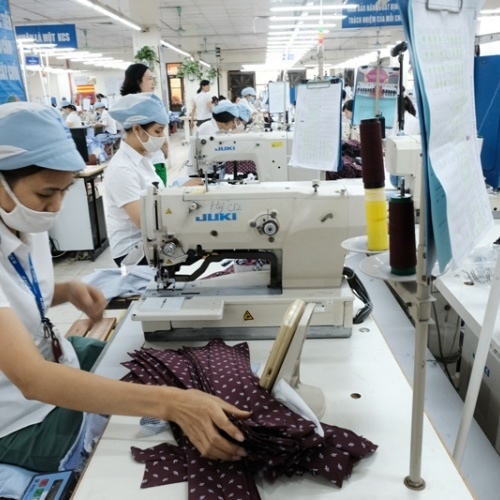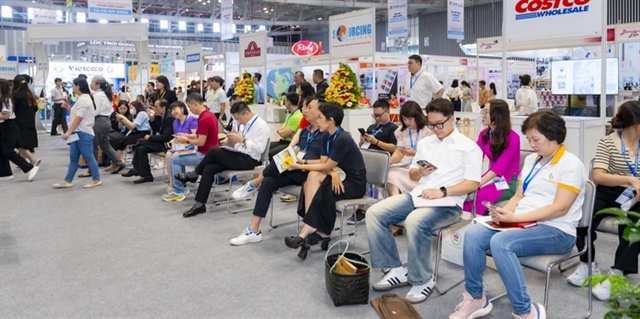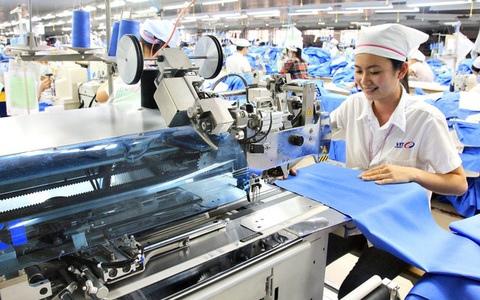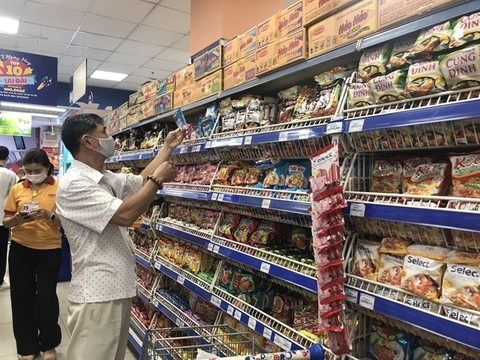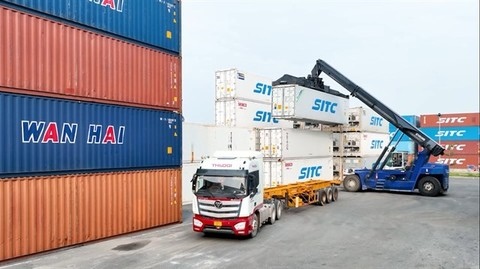Pilot direct PPA to fuel local power market
Pilot direct PPA to fuel local power market
The upcoming APEC Economic Leaders’ Week 2017 in Vietnam might see a general statement on pilot direct power purchase agreements between end-users and renewable power generation units in the country.

This information was revealed to VIR by a US international development agency’s energy expert. “We conducted a survey with the Ministry of Industry and Trade (MoIT) and we expect to have a positive movement from the government on the occasion of US President Donald Trump’s visit to Vietnam in November to attend the APEC Economic Leaders’ Week 2017, as part of a regional tour,” said the source.
The anticipated move is considered a big push to encourage investors to make the country’s energy production greener.
According to law firm DFDL, given the increasing use of direct power purchase agreements (PPAs) worldwide as a means to secure electricity costs over the long term while allowing large corporations to reduce their carbon footprint, it would make sense for the regulatory framework in Vietnam to allow for such direct power purchases of solar energy.
Foreign investors in Vietnam and multinational corporations such as Intel, Nike, Puma, and Coca-Cola have publicly made commitments to working towards using energy from renewable, energy-efficient sources. A pilot PPA might also benefit Vietnam in attracting such companies and their high-value operations.
“A change in this policy, allowing enterprises and customers to have access to clean energy, will attract additional investment and global brands that will help carry Vietnam up the manufacturing value chain,” John Rockhold, chairman of the Vietnam Business Forum’s Power and Energy Working Group, told VIR in a previous interview.
Le Van Phuong, general director of leading Vietnamese sugar producer Lam Son Sugar Cane JSC (Lasuco), which has invested in a biomass power project fed from its sugar facilities, said, “We are happy to hear this news. Vietnam’s sugar industry is preparing to face strong competition with the decrease of import duties on sugar in the framework of the ASEAN Free Trade Agreement. Vietnamese sugar mills are looking into the application of modern, state-of-the art technology in their production and into creating new revenue streams such as selling electricity.”
Lasuco is one of eight sugar mills in Vietnam that has grid-connected, biomass-fuelled projects. In 2016-2017, Lasuco’s 24-megawatt biomass power project generated 44.5 million killowatt-hours (kWh), half of which were fed into the grid and sold to state-run Electricity of Vietnam.
Dang Quang Vinh, consultant on two biomass power projects in Vi Thanh and Phung Hiep sugar mills, said that a pilot direct PPA between end-users and power generation units encourages use of all renewable resources, including biomass power projects, as Vietnam’s current feed-in-tariffs (FiT) for renewable energy aren’t very attractive.
“Multinational corporations agree to buy electricity in developing countries at a higher price than the current FiT to meet their targets in reducing carbon. The renewable developers will surely see benefits from that,” he said.
Vinh explained that direct PPAs need to be built into therestructured retail power market. “PPAs are incredibly flexible and effective tools for a variety of corporations looking to make their operations more sustainable. They provide price hedges against future price increases and volatility. The environmental benefits associated with a renewable energy project and steady income from PPAs drive the development of new clean energy projects that help change our energy mix,” he said.
Matthias Eichelbronner, director of consulting firm E.Quadrat GmbH, told VIR that the current FiT of 5.8 US cents/kWh for biomass power projects is not enough to attract investors. He added that sugar plants will usually have power generation for their own use, but that these technologies are low-level, with the aim of consuming waste products. Higher technologies are applied to produce more power, which can then be fed into the grid and sold at a fixed price.
Countries like Mexico, India, and Brazil, who have invested in wind energy by attracting private investment, were able to bring down wind development costs during the last five years with a combination of incentives to attract private investments, developers, and foreign investors.
According to MoIT, in parallel to the development of coal power, the government is calling on investors to invest more in renewable energy, such as wind power, solar power, and biomass power.


